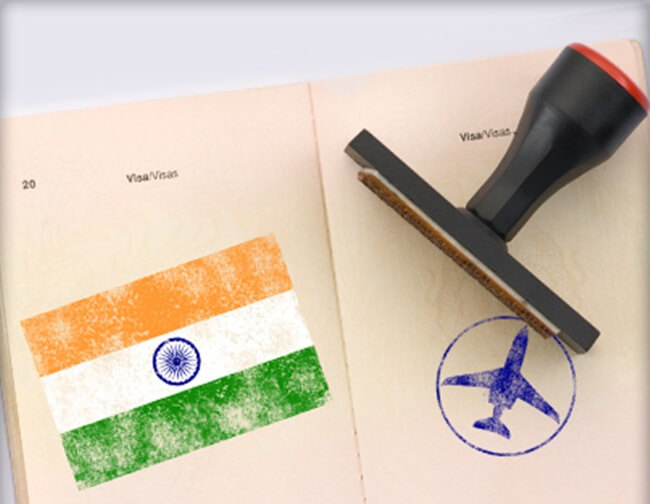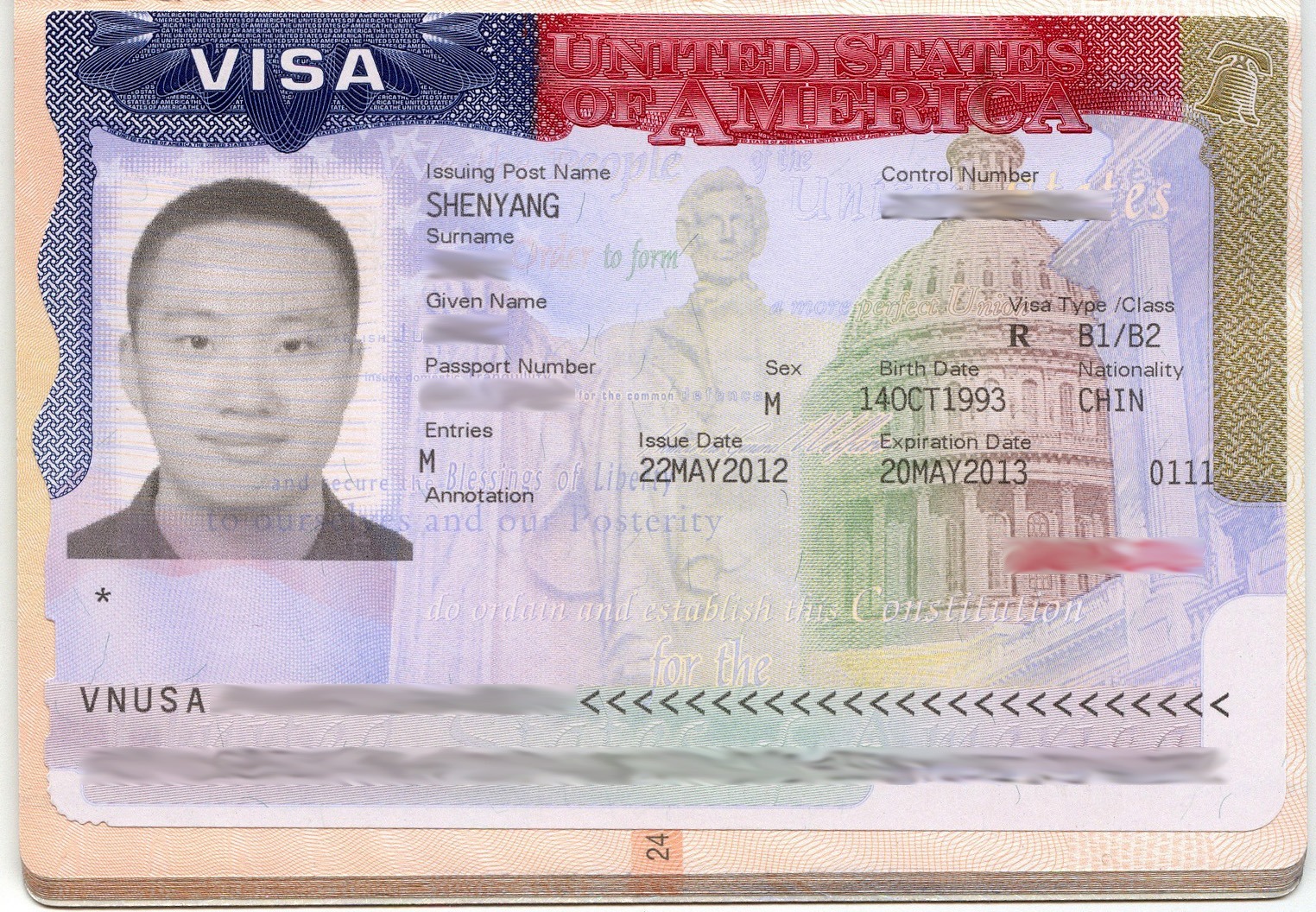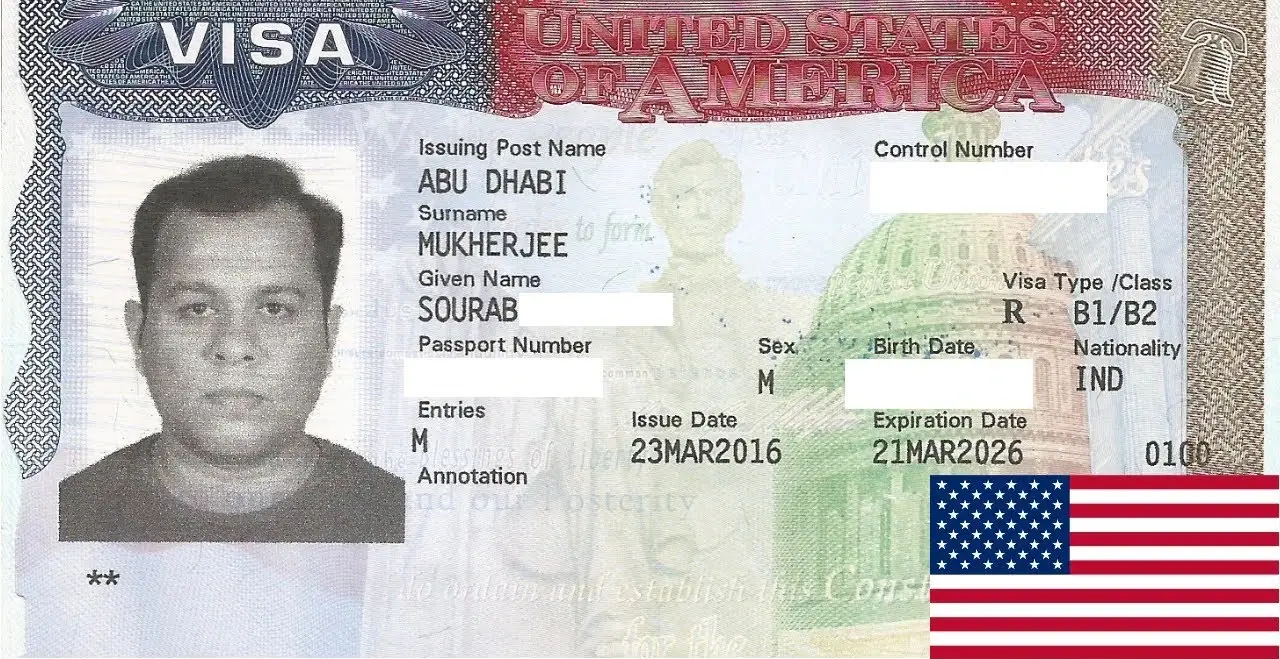Leading Tips and Insights on US Visas for Indian Citizens: Make Your Dream a Truth
Steering the intricacies of the US visa landscape can be testing for Indian people, yet a well-informed technique can greatly improve the probability of success. Recognizing the numerous visa classifications and their corresponding qualification standards is vital, as is careful preparation for the application process (US Visas For Indian Citizens). Recognizing typical risks and understanding exactly how to offer oneself effectively during meetings can make a remarkable distinction. As we explore these vital understandings, it comes to be clear that tactical preparation is vital to changing aspirations into substantial experiences in the US. What are the essential actions that can establish you apart in this competitive landscape?
Comprehending Visa Categories
When thinking about travel to the US, Indian citizens should navigate a variety of visa categories that cater to various functions and periods of remain. The main visa kinds consist of non-immigrant visas, which are planned for short-lived sees, and immigrant visas, made for those seeking long-term residency.
Non-immigrant visas include a number of groups, such as B-1/ B-2 visas for business and tourism, F-1 visas for pupils, and H-1B visas for specific workers (US Visas For Indian Citizens). Each group has certain demands and restrictions, making it essential for travelers to recognize the proper visa based on their purposes
On the other hand, immigrant visas include family-sponsored and employment-based groups, permitting people to at some point protect a copyright. The process for getting these visas can be more complicated and may involve extensive wait times.
Understanding the subtleties of each visa category is essential for Indian residents to guarantee conformity with US immigration regulations and to assist in a smoother entry procedure. Properly examining the purpose of travel and equivalent visa requirements can greatly improve the likelihood of a successful application and a meeting experience in the US.
Eligibility Needs
Identifying qualification for an U.S. visa entails meeting certain requirements that vary relying on the visa category looked for. Students applying for an F-1 visa have to demonstrate approval into a United state academic establishment, proof of sufficient monetary sources to cover tuition and living costs, and intent to return to India after their research studies.
Conversely, individuals seeking employment-based visas, such as the H-1B, should have a validated job offer from an U.S. company and have specialized abilities or qualifications appropriate to the placement. This usually calls for a bachelor's level or comparable job experience in the field.
Vacationer or site visitor visa candidates (B-1/ B-2) require to reveal connections to their home country, such as family, property, or employment, to show they will return after their check out.
In all situations, candidates should likewise pass a history check, consisting of criminal history and health and wellness evaluations. Understanding these eligibility needs is crucial for Indian people to browse the visa procedure successfully and enhance their chances of success. Consequently, it is advisable to assess the particular demands for the desired visa group carefully.
Application Process Steps
The application procedure for an U.S. visa involves numerous essential actions that require careful focus to information. Candidates need to determine the appropriate visa category based on their purpose of traveling, such as traveler, organization, or trainee visas. Once the classification is identified, the next action is to finish the Online Nonimmigrant Application (Type DS-160), making sure all information is accurate and extensive.
After sending the DS-160 type, candidates should pay the visa charge, which varies depending on the visa type. Following the repayment, schedule a visa interview at the local US Embassy or Consulate. It is recommended to reserve the appointment well beforehand, as wait times can vary significantly.
Before the interview, collect all called for documents, consisting of a legitimate visa, a small-sized photo, and evidence sustaining the visa, such as financial statements or approval letters for pupils. During the interview, be prepared to address inquiries concerning your travel intents and ties to your home country. If approved, applicants will get their visa, enabling them to make their traveling setups to the United States.
Usual Mistakes to Prevent

Incomplete Paperwork Concerns
Sending a visa without full documents can lead to considerable delays or outright denial. Lots of Indian people take too lightly the importance of complete prep work, which usually causes the omission of important files. This oversight not only prolongs the application process but can also threaten one's opportunities of obtaining a visa.

In addition, candidates need to validate that all documents are current and properly show their situations. For instance, financial institution statements need to clearly demonstrate financial security, while employment letters must validate job standing and salary. In addition, it is a good idea to maintain duplicates of all submitted papers for personal records.
Lastly, consider seeking support from immigration specialists or knowledgeable peers that can supply advice and insights. Taking these aggressive steps will meaningfully reduce the chance of incomplete documentation, leading the method for a smoother visa experience
Misconstruing Visa Demands
Recognizing visa demands is essential for Indian residents looking for entry right into the US. A common risk is the assumption that all visa groups are interchangeable. Each visa kind-- be it tourist, trainee, or work-- has certain qualification criteria, documents, and application procedures. Stopping working to identify these differences can lead to application denials.
An additional frequent misconception entails the perception that a prior visa authorization warranties future approvals. Each application is reviewed by itself advantages, and adjustments in personal situations, such as work standing or travel history, can substantially influence the end result.
Additionally, numerous applicants ignore the relevance of recent immigration plans. Visa needs can transform, and remaining informed through official sources, such as the US Department of State internet site, is essential.
Misconception of application timelines can additionally lead to missed chances. Each visa classification has its very own handling times, and candidates should prepare appropriately to stay clear of final issues.
Last but not least, looking for aid from unauthorized representatives can bring about false information and possible rip-offs. It is always recommended to talk to reliable immigration lawyers or official sources to browse the intricacy of US visa demands efficiently.
Required Documents
When getting US visa, Indian residents need to prepare a detailed set of called for documents to sustain their application. This consists of necessary visa kinds, financial documents to show financial stability, and sustaining identity evidence to validate individual details. Making sure that all papers are full and exact is vital for a successful application procedure.
Crucial Visa Types
To efficiently obtain US visa, Indian people have to continually prepare and submit a number of vital forms and papers. The primary kind required is the DS-160, the Online Nonimmigrant Application, which have to be completed for the majority of visa classifications. This kind calls for thorough info about the candidate's itinerary, personal background, and background.
Along with the DS-160, applicants require the DS-260 form for immigrant visas. This complete application necessitates extra substantial documentation, consisting of personal recognition, family information, and prior migration background.
Furthermore, a legitimate visa is needed, which need to stay legitimate for a minimum of 6 months beyond the designated keep in the US. A recent small-sized photo that satisfies details united state visa image requirements should likewise be sent along with the forms
For sure visa classifications, such as pupil or s, additional paperwork might consist of an I-20 form from an U.S. university or an authorized labor qualification.
Financial Paperwork Needed
Financial documentation plays a crucial role in the visa process for Indian residents seeking entrance into the US. This paperwork offers to show the candidate's financial stability and ability to sustain themselves during their stay in the US.
Secret monetary records normally required include financial institution declarations, which should ideally cover the last 3 to 6 months, showcasing consistent income and sufficient funds. Additionally, proof of work, such as a letter from the company or pay slides, might be needed to establish a steady source of earnings.
For pupils looking for a student visa, it is important to existing proof of tuition settlement or scholarship information, together with a monetary affidavit if an enroller is entailed. It is likewise suggested to consist of income tax return or income tax obligation declarations from the previous year to offer a comprehensive view of the candidate's monetary history.
Supporting Identification Evidence
Supporting identification proofs are vital parts of the visa process for Indian residents seeking US visas. These papers validate the candidate's identity and sustain their visa request, guaranteeing conformity with migration guidelines.
Trick identity evidence include a legitimate visa, which should contend least 6 months of credibility past the designated keep in the US. Furthermore, candidates should provide a current small-sized photo that meets get more info details demands outlined by the US State Division.
Another substantial paper is the vital certificate, which assists establish the candidate's identity and day of birth. If relevant, marriage certifications may additionally be needed to sustain family-based visas. Additionally, in situations of previous US visas, duplicates of these visas may be essential to demonstrate traveling history and conformity with US immigration legislations.
It's crucial to confirm that all identity proofs are clear, readable, and correctly formatted. Insufficient or vague documentation can cause hold-ups or rejections in the visa procedure. By preparing these supporting identity proofs carefully, candidates can improve their opportunities of an effective visa and relocate closer to recognizing their desire for visiting or residing in the US.
Tips for Successful Interviews
A successful visa interview can substantially affect the outcome of your application, making preparation important. Begin by completely comprehending the sort of visa you are getting and the certain requirements connected with it. Acquaint on your own with the application procedure and possible questions that may develop throughout the meeting.
Outfit skillfully to share regard for the procedure. Perceptions matter, so ensure your look is neat and appropriate. Arrive early to avoid any kind of unnecessary tension and to show your preparation. Bring all essential documents, including your visa, application forms, and sustaining records, nicely organized for easy gain access to.
Throughout the meeting, response questions plainly and concisely. Provide genuine and precise details, as disparities can raise red flags. Maintain a tranquil temperament, and do not think twice to ask for information if a question is vague. It is necessary to share your intents really, whether associated to travel, study, or job.
Resources for Further Aid
Many resources are readily available to help Indian people in navigating the US visa procedure properly. The official US Division of State website acts as a key source of information, giving support on types of visas, application treatments, and demands (US Visas For Indian Citizens). It is advisable to get in touch with the US Consular office or Consulate in India for localized support and updates details to your area
Additionally, companies such as the USn Immigration Attorney Association (AILA) use directories to locate competent migration attorneys that can offer personalized lawful advice. Lots of schools also have dedicated worldwide trainee workplaces, which can help candidates browse the complexities connected with trainee visas.
Online online forums and social media teams can work as systems for getting in touch with others that have actually undergone comparable experiences, giving beneficial insights and assistance. Internet sites like VisaJourney and Trackitt allow individuals to share their individual visa tales and timelines.
Take into consideration attending migration workshops or workshops arranged by area teams and educational organizations. These sources jointly empower candidates with the understanding and devices required to enhance their chances of a successful visa.
Frequently Asked Inquiries
Can I Obtain Numerous US Visas simultaneously?
Yes, you can request numerous US visas concurrently. Nevertheless, it is important to assure that each application is valid and satisfies the specific demands of the visa categories you are seeking.
How much time Does the US Visa Process Commonly Take?
The US visa procedure duration differs depending upon the type of visa and private situations. Generally, it can take anywhere from a couple of weeks to several months, affected by application completeness and consulate processing times.

Exist Age Limitations for US Visa Applicants?
Yes, there are age restrictions for US visa applicants. Generally, minors under 18 call for parental approval and may need additional documents. Certain age-related requirements differ depending upon the visa group being gone after.
What Happens if My application Is Refuted?
If your visa is rejected, you will receive an official notification outlining the reasons for rejection. You might have the choice to appeal the choice or reapply, attending to the concerns increased in the preliminary application.
Can I Appeal US Visa Denial Choice?
Yes, you can appeal US visa denial choice, however the process differs depending upon the visa type. It usually involves sending extra documentation or requesting a review within a defined timeframe. Look for legal guidance for aid.